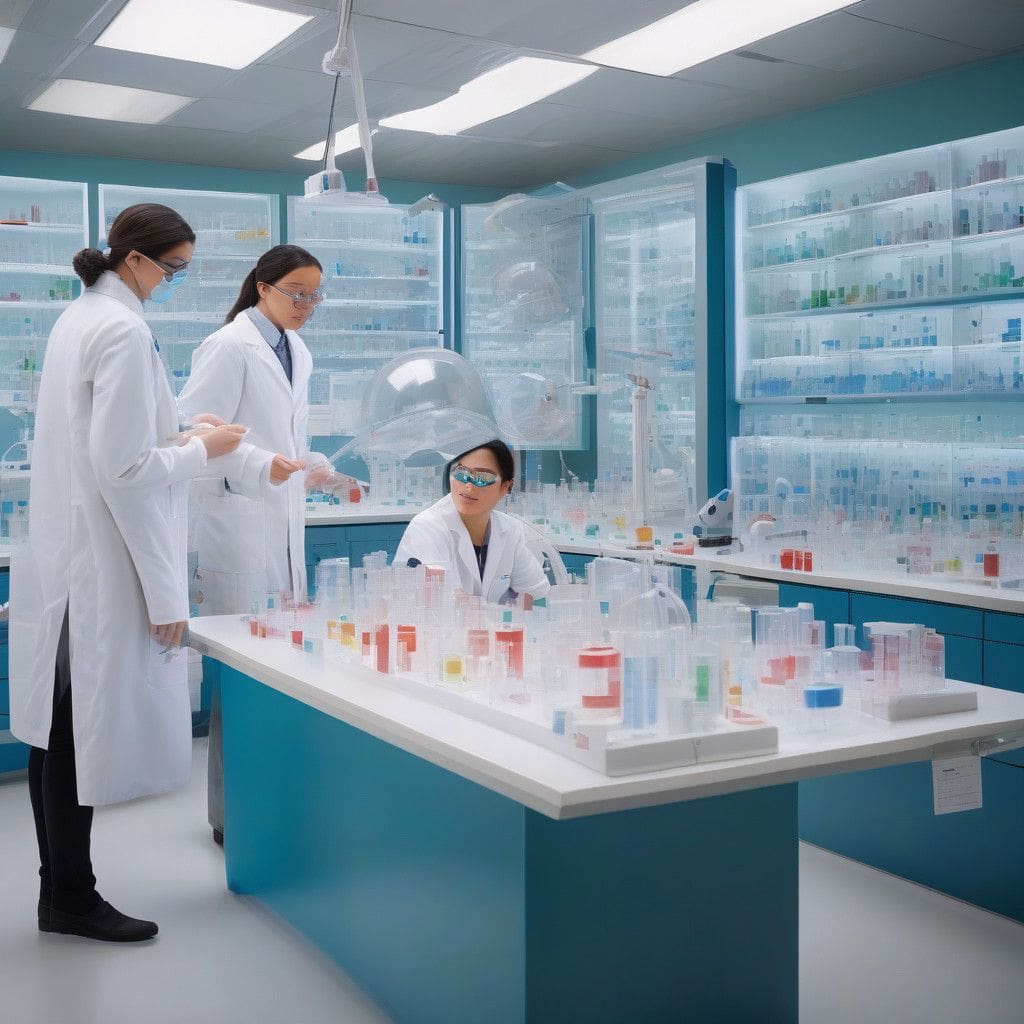Plastic pollution has become one of the most pressing environmental issues of our time, with millions of tons generated globally each year. Among the culprits, polyethylene terephthalate (PET) stands out due to its widespread use in packaging, bottles, and textiles. The reality is harsh: current recycling methods are frequently ineffective, allowing PET to accumulate in landfills and oceans. Thankfully, scientists at Rice University have developed a promising solution that could change the game in plastic waste management.
With approximately 40 million tons of plastic waste produced annually in the United States, the urgency for innovative solutions has never been greater. According to the Environmental Protection Agency (EPA), PET accounts for about 64% of this total. This plastic’s durability, while beneficial for its applications, results in a degradation time spanning centuries, presenting a significant environmental threat. In light of this, researchers at Rice University have taken inspiration from nature—specifically, the adhesive properties of mussels.
Under the leadership of Han Xiao, director of Rice University’s Synthesis X Center, a team of scientists has set out to engineer microorganisms capable of sticking to PET surfaces and breaking them down efficiently. Using genetic code expansion technology, they have introduced a natural amino acid known as 3,4-dihydroxyphenylalanine (DOPA) into bacteria. This amino acid, which is typically found in mussels, endows the engineered bacteria with remarkable adhesive qualities, allowing them to cling tightly to PET.
In controlled tests under optimal conditions of 37°C, the team observed an extraordinary 400-fold increase in adhesion to PET surfaces when comparing the engineered bacteria to their unmodified counterparts. This significant improvement means that when these specially engineered bacteria come into contact with PET, they are more likely to adhere and begin the breakdown process.
The second phase of this innovation involves the introduction of an enzyme known as polyethylene terephthalate hydrolase. This enzyme plays a crucial role in the degradation of PET plastic. When combined with the adhesive capabilities of the engineered bacteria, the enzyme is able to break down the otherwise resilient long molecular chains of PET into smaller, manageable fragments. Remarkably, researchers reported achieving significant degradation of PET within just one night in their experimental setup.
This innovative approach to plastic waste management presents an exciting possibility for reducing the environmental burden associated with PET plastic. Imagine the impact of deploying these bioengineered bacteria on a wide scale, potentially revolutionizing recycling efforts and significantly accelerating the degradation of plastic waste in our oceans and landfills.
Beyond addressing the immediate concerns of plastic pollution, the applications of this research extend into several other fields. One notable area is the prevention of biofouling, a phenomenon involving the unwanted accumulation of microorganisms and algae on submerged surfaces such as ships and underwater infrastructure. By leveraging their adhesive properties, the engineered bacteria could form a protective barrier, minimizing the development of harmful build-ups that can impede watercraft and damage aquatic ecosystems.
In the medical field, the implications are equally promising. The DOPA-enhanced proteins may be adapted to coat medical devices, contributing to safer environments for patients by preventing bacterial growth. This multifaceted capability of the engineered bacteria not only provides solutions for environmental concerns but also addresses critical issues faced in healthcare settings.
Looking ahead, the successful application of Rice University’s research could redefine how we approach plastic waste management. While traditional recycling processes have struggled with efficiency and speed, the introduction of these bioengineered microorganisms may provide a more streamlined and effective method for dealing with plastic pollution. As these promising developments progress, further research and testing will be essential to fully understand and refine these technologies.
In conclusion, Rice University’s innovative approach to leveraging mussel-inspired bacteria for PET degradation represents a significant step forward in our quest to combat plastic pollution. By harnessing nature’s principles, scientists are not only addressing an immediate environmental challenge but also exploring wider applications that could benefit society in various realms. This breakthrough illustrates how research and innovation continue to provide hope for a cleaner, more sustainable future.












